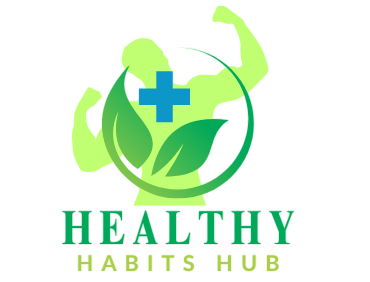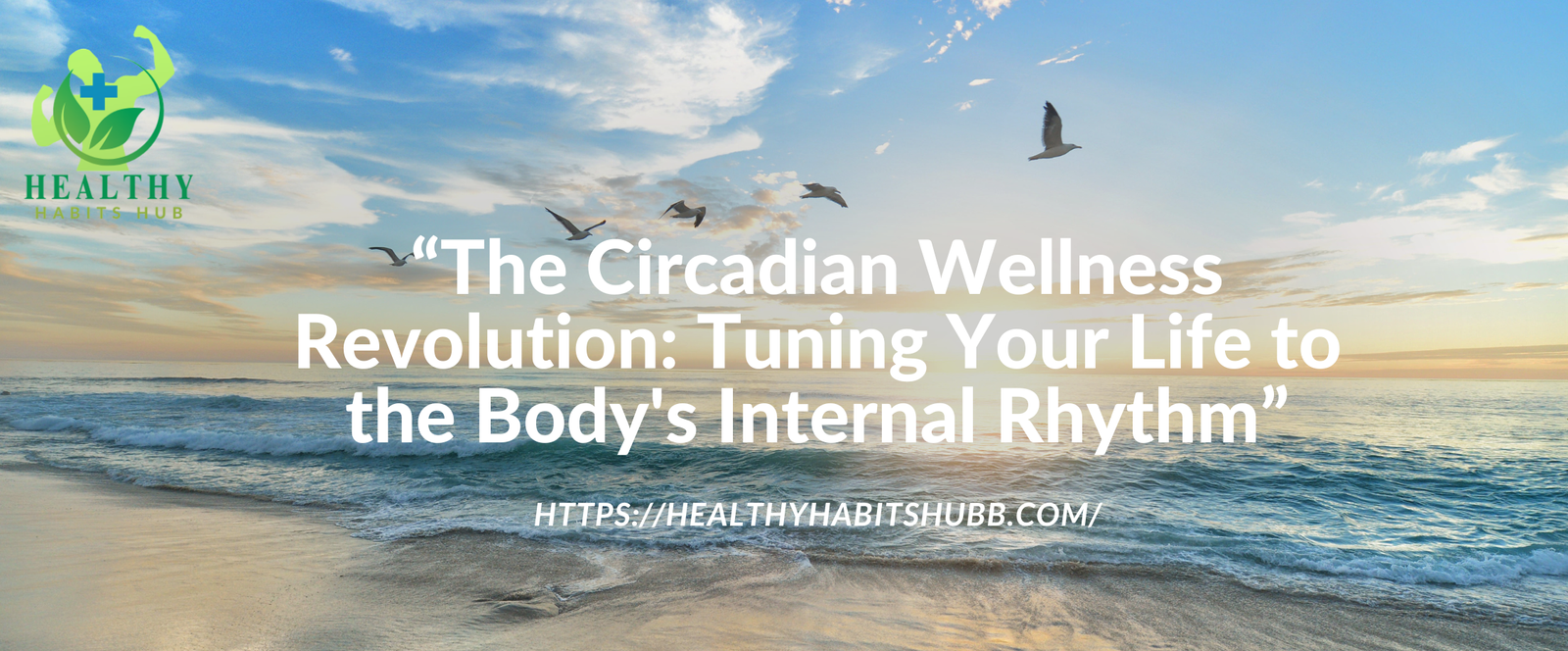The Circadian Wellness Revolution: Tuning Your Life to the Body’s Internal Rhythm
In an addiction economy driven by productivity and 24/7 connectivity, our body clock is suffering. But a classic, intuitive biological process is experiencing a contemporary renaissance on the wellness front: circadian rhythms. As science finally confirms the intuitive brilliance of our forebears, a new phenomenon on the wellness horizon has emerged—circadian wellness.
Circadian wellness is the practice of coordinating daily activities such as meals, sleep, exercise, and even work with your own personal 24-hour internal clock. And here’s the surprise: when we become attuned to our body’s rhythms, not only do we sleep better, but we increase energy, enhance digestion, enhance concentration, and lower disease risk.
What Is Circadian Rhythm?

Circadian rhythms are 24-hour cycles that regulate much of the body’s physical, mental, and behavioral activities. Regulated by the suprachiasmatic nucleus (SCN) within the hypothalamus in the brain, circadian rhythms are mostly responsive to light and darkness in the environment.
This body clock regulates:
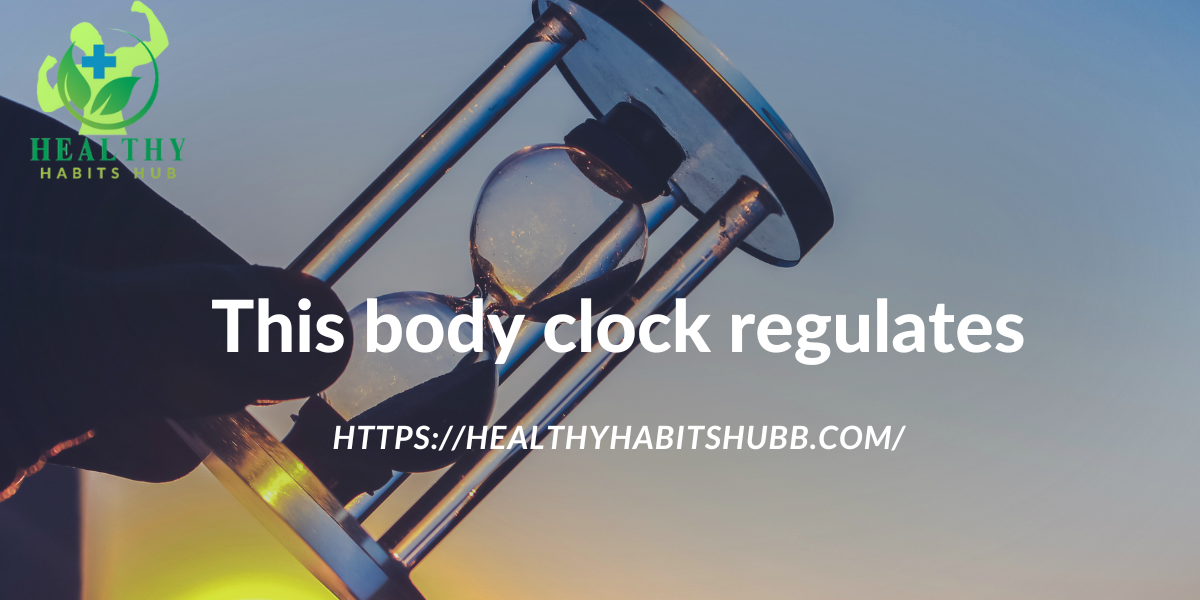
- Chronobiology/sleep-wake cycles
- Hormone secretion
- Body temperature
- Digestion
- Metabolism
- Cognitive function
While most of us associate circadian rhythms with sleep, their influence is much broader—essentially setting the pace for how our body functions within a 24-hour period.
The Science Behind Circadian Wellness
Your body isn’t on one clock—it’s on several. Each organ and cell type has a circadian rhythm, and they all synchronize to a central master clock in the brain. Disharmony in this system—started by shift work, night screen time, irregular diet, or all-nighters—can upset the whole system.
Circadian Disruption Health Consequences:
- Poor-quality sleep
- Weight gain and insulin resistance
- Depression and mood disorders like anxiety
- Weakened immunity
- Heart disease and cancer risk increased
Fresh finds in chronobiology (the biology of biological rhythms) now also confirm the fact that with proper planning of our action, we can “biohack” our wellness naturally—no fad dieting or supplementing required.
Key Pillars of Circadian Wellness
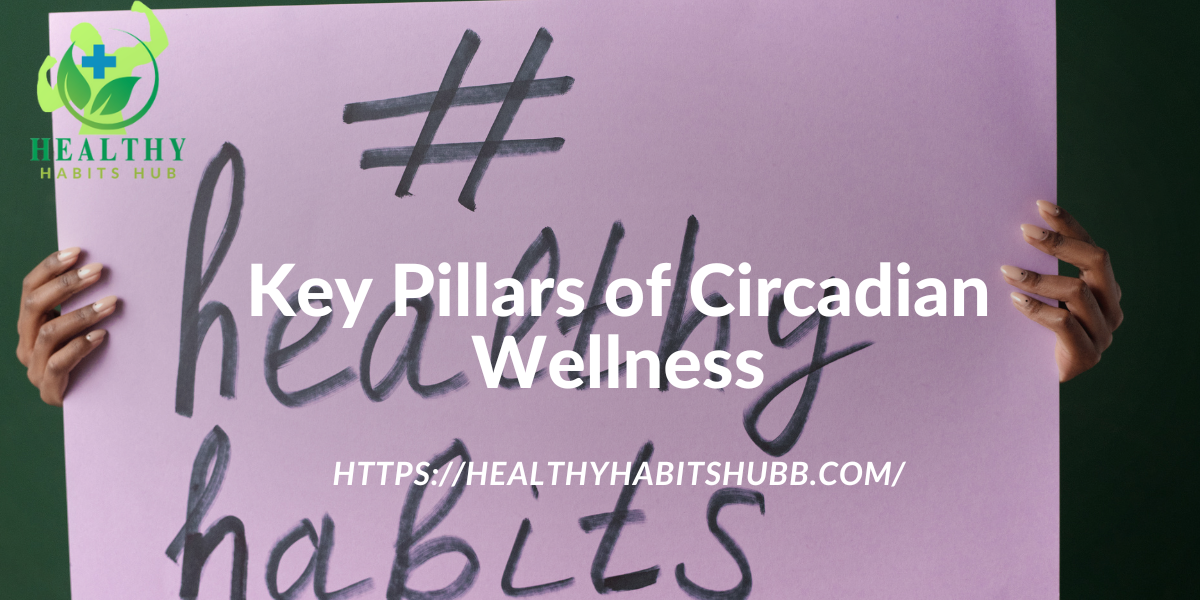
1.Sleep at Sunset and Sunrise Synchronization
Light is the strongest circadian cue. To maximise your body clock:
- Take morning sunlight: Exposure to natural light within the initial 30 minutes upon rising helps reset your body’s internal clock.
- Do not use blue light at night: Artificial light and screens inhibit the release of melatonin. Use blue-block glasses or apps at night.
- Stick to a sleep schedule: Retire and rise at the same time each day, including weekends, to solidify your circadian rhythm.
- Tip: The best sleep window is usually between 10 PM and 6 AM, in sync with the body’s natural melatonin and cortisol rhythms.
2.Eat According to the Clock (Chrononutrition)
When you eat is as important as what you eat. Your metabolism also has a schedule.
- Front-load your calories: Take in more calories during the morning and afternoon and fewer in the evening.
- Don’t snack at night: Eating after 8 PM sabotages insulin sensitivity and impacts sleep.
- Try time-restricted eating: Eat in an 8–12 hour window each day (e.g., 8 AM to 6 PM) to bring digestion into balance, aid weight loss, and flatten out blood sugar.
- Did you know that.? Gut motility, digestive enzymes, and insulin sensitivity are most potent in the morning.
3.Move at the Right Times
Exercise has different advantages depending on the time of day you exercise:
- Morning exercise: Improve mood, metabolism, and wakefulness.
- Afternoon exercise: Best for strength and coordination, minimizing the risk of injury.
- Evening exercise: Ideal for cardio, but intense exercise too close to bedtime can disrupt sleep.
- Circadian tip: Schedule high-intensity exercise at least 3 hours before bedtime to prevent cortisol surges.
4.Work with, Not Against, Your Mental Peaks
Your brain, too, follows a circadian rhythm. If you schedule your work accordingly, you can be most productive and creative:
- Morning: Maximum alertness (ideal for work involving details)
- Midday slump: Use the time for slow work or meditation
- Late afternoon: Maximum creativity and problem-solving
- Improve your day: Work intensely in the morning, creative brainstorming in the afternoon, and admin work when you’re low on energy.
Role of Technology in Circadian Disruption
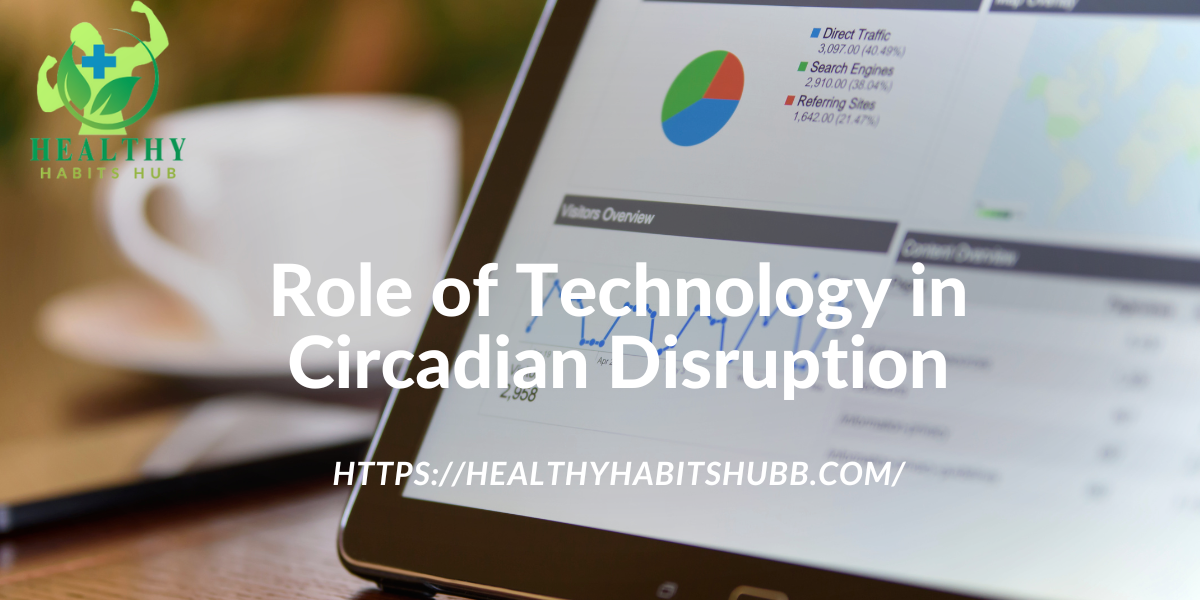
Our life today is one of circadian disruptors:
- LED screens as daylight substitutes
- Night shifts and shift work
- Social jet lag from having irregular sleep over weekends
- 24/7 availability via phones and apps
There are also the solutions to putting technology to work for you:
- Use circadian rhythm tracking apps (e.g., Rise or Timeshifter)
- Place blue-light filters over devices
- Utilize smart lights that change color temperature during daytime
Benefits of Circadian-Aligned Living
People who live in sync with their own body rhythms report:
- ✅ Deeper, more restorative sleep
- ✅ Increased energy and stamina
- ✅ Better weight and metabolism
- ✅ Improved mental sharpness and emotional resilience
- ✅ Stronger immune system
- ✅ Less inflammation and risk of chronic illness
Slight changes—getting outside in the morning or having a sooner dinner—can make big differences in the long term.
Starting Small: Easy Steps to Circadian Health
- Get up and get natural light within 30 minutes.
- Have breakfast within 1–2 hours of waking.
- Steer clear of caffeine after 2 PM.
- Avoid eating 2–3 hours before bedtime.
- Restrict screens after 8 PM.
- Relax with a bedtime ritual (journaling, reading, meditation).
Final Thoughts
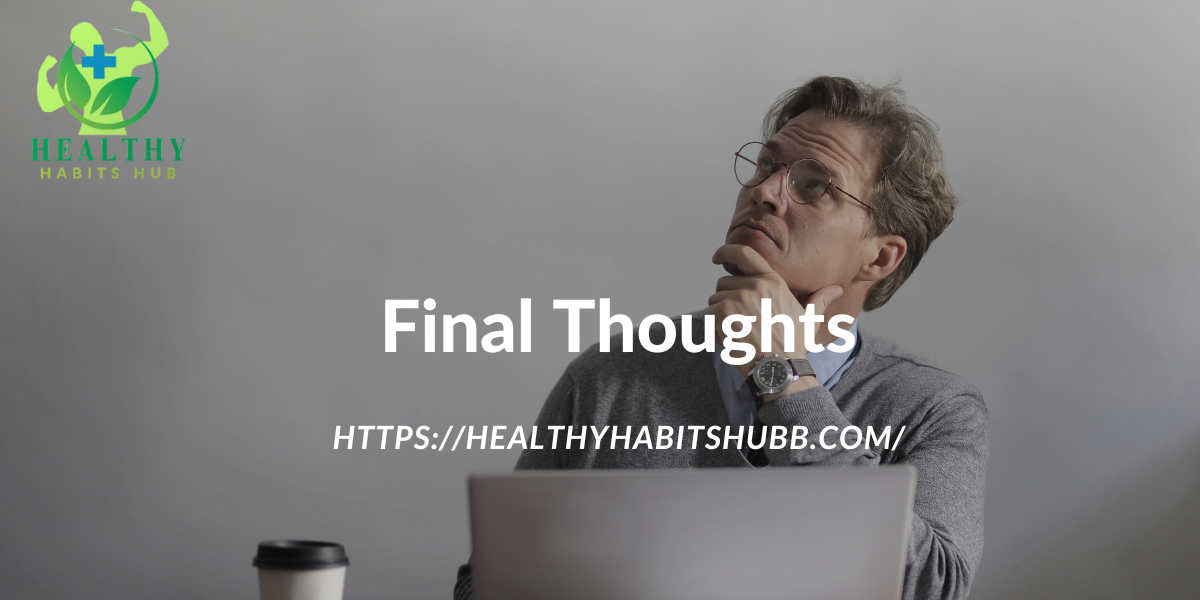
Circadian well-being is not a fad—it’s a reversion to biological sense. By getting your life in sync with your body’s internal clock, you can experience a revolutionary change in how you feel, perform, and age. It’s not about doing more—it’s about phasing what you already do so that it’s more advantageous for your body and brain.
In a world that never stops, reclaiming your rhythm can be the healthiest decision you will ever make.
